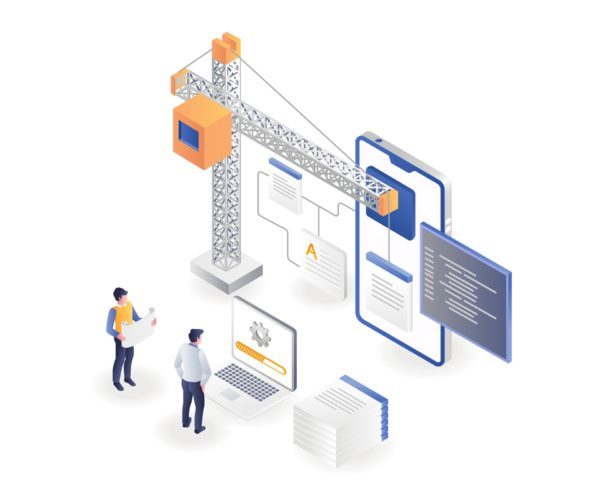Choosing the ideal mobile app framework is a crucial decision that can significantly impact the success of your next mobile app project. With numerous frameworks available, it can be challenging to navigate through the options and select the best fit for your specific requirements. At Think Tree Studios, we understand the importance of choosing the right framework, and our team of experts is dedicated to guiding our customers through this decision-making process. In this blog post, we’ll compare the latest mobile app frameworks, highlighting their unique features, and explain how Think Tree Studios can assist you in making an informed choice for your next mobile app endeavor.
React Native:
React Native, developed by Facebook, is a widely adopted cross-platform framework that allows developers to build native-like mobile apps using JavaScript. Its key advantage lies in code reusability, as developers can write a single codebase that can be deployed on both iOS and Android platforms. React Native leverages native components, resulting in high-performance applications. It also benefits from a large and active community, offering a rich ecosystem of libraries and plugins. However, complex UI designs or interactions may require native code integration, and performance can be a concern for computationally intensive apps.
Flutter:
Flutter, backed by Google, has gained significant popularity for cross-platform app development. It uses Dart programming language and features a rich set of customizable widgets, enabling developers to create visually appealing and responsive apps. Flutter employs a unique approach called “Hot Reload,” which allows developers to instantly see changes made to the code without restarting the app. With Flutter, apps have native-like performance, as the framework renders its own UI components, bypassing platform-specific ones. However, Flutter’s relatively new ecosystem may have fewer third-party libraries compared to more mature frameworks.
Xamarin:
Developed by Microsoft, Xamarin is an open-source framework that enables developers to build cross-platform apps using C#. It offers a shared codebase, allowing developers to write code once and deploy it on multiple platforms. Xamarin provides direct access to native APIs, resulting in high-performance apps with native-like user experiences. Its tight integration with Visual Studio IDE and Microsoft Azure services makes it an attractive choice for developers familiar with Microsoft technologies. However, Xamarin may require platform-specific expertise for certain functionalities, and the learning curve can be steeper compared to other frameworks.
Ionic:
Ionic is a popular framework for hybrid app development, focusing on building web-based applications using HTML, CSS, and JavaScript. It leverages web technologies to create cross-platform apps that can run on iOS, Android, and the web. Ionic offers a vast library of pre-designed UI components, making it easy to create visually appealing apps quickly. Its integration with Angular, a widely used JavaScript framework, simplifies app development for developers already familiar with Angular. However, performance can be a concern for complex and computationally intensive apps, as Ionic relies on WebView to render app content.
When faced with the decision of selecting the right mobile app framework, Think Tree Studios is here to support you. Our team of skilled professionals possesses deep knowledge and expertise in React Native, Flutter, Xamarin, Ionic, and other leading frameworks. We’ll collaborate closely with you to understand your project requirements, evaluate the strengths and weaknesses of each framework, and help you make an informed decision. By partnering with Think Tree Studios, you can confidently embark on your next mobile app project, knowing that you have a dedicated team of experts guiding you towards the framework that best suits your goals and objectives. Contact us today to get started on your mobile app journey with the right framework choice.

